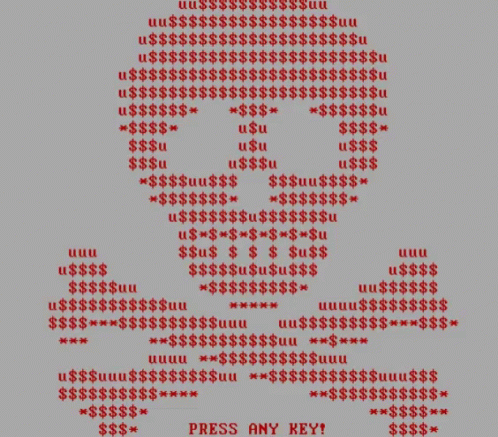Cyber threats targeting Australian small businesses are on the rise. According to the latest Annual Cyber Threat Report from Australia's national cyber security agency, the ASD's Australian Cyber Security Centre (ACSC), cybercrime reports increased 13% in 2021-2022 with over 76,000 reports submitted. The average financial loss per cybercrime report also rose 14% across small, medium and large businesses.

Ransomware remains the most destructive threat for small business according to the report, with the education and healthcare sectors being the most targeted. Even if ransoms aren't paid, downtime and recovery can cost upwards of $200,000 for impacted companies.
The report highlights the need for backups, patching and security awareness training as over half of incidents stemmed from inadequate system updates.
The ACSC recommends Australian small firms follow their published technical guidance on ransomware protection and sign up for threat alerts. Implementing basic cyber hygiene via the "Essential Eight" mitigation strategies is vital as well. This includes multi-factor authentication, whitelisting approved apps, maintaining event logs and more.
With a deteriorating global environment raising online threats, cyber security must become a priority for all Australian small businesses in 2023 and beyond. Leveraging advice and services from resources like the ACSC can help local companies confidently protect their assets from increasing cyber risks in a digitally interconnected world.
Given the rising threats and limited IT resources most small companies have in-house, partnering with a managed service provider (MSP) for a security health check just makes sense. MSPs offer affordable security audits tailored to organizations of all sizes. An audit by an experienced MSP partner creates a benchmark to identify vulnerabilities, delivers prioritized next steps to fix issues, and builds ongoing awareness of risks.
Interested in discussing a security audit for your small business? Get in touch today!


 WhatsApp
WhatsApp 